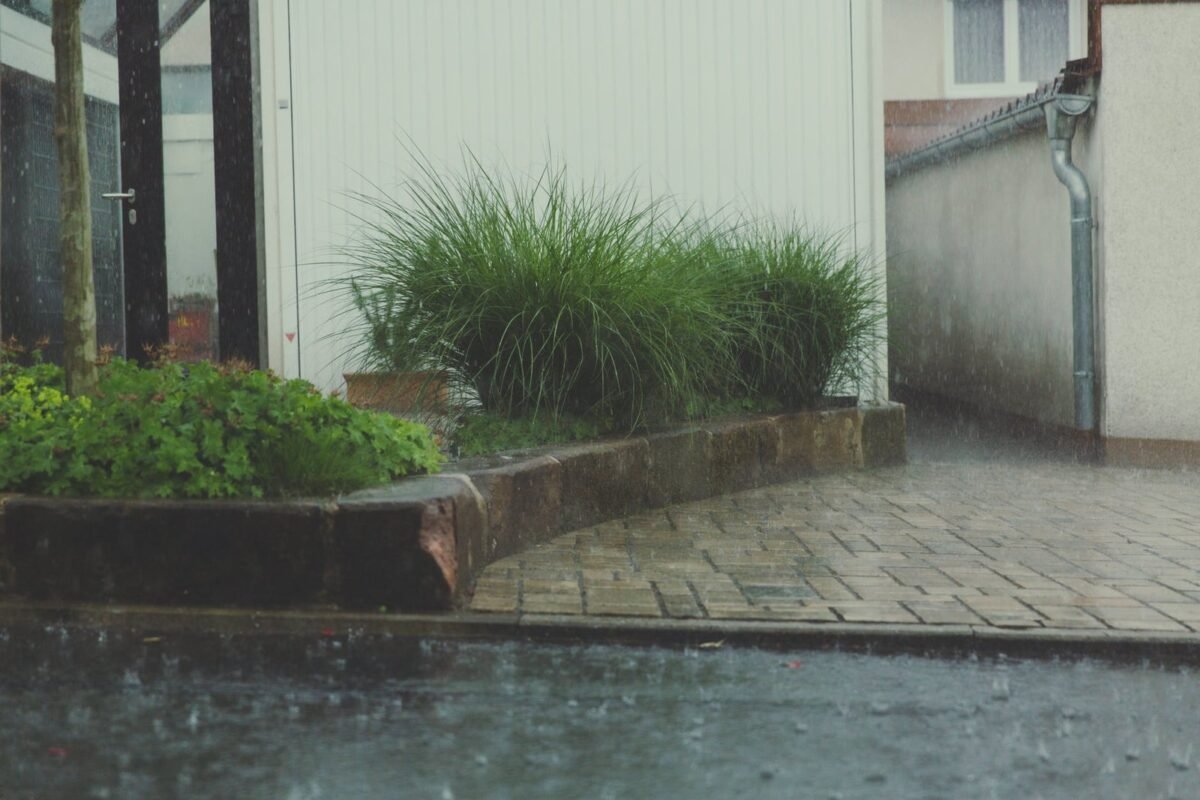From Kanupriya’s Desk:
The monsoons have arrived in all their splendour. We all have got a respite from the blistering heat. Everything is green, fresh and beautiful. What better way to enjoy this weather than to indulge in our favourite foods, be it coffee with cookies, tea with a hot snack, etc.
But, this is also the weather when food and water borne illnesses like diarrhoea, typhoid, etc. are at their peak. It thus becomes very important to take certain precautions during this season when it comes to preparing, eating or storing foods.
Let’s take a look at some of the precautions:
- Food borne diseases and infections through water are very common in this season. So, make sure the water you are consuming is filtered and treated properly. Drink only bottled water if outside.
- Take care when storing left over food. This is because, due to the high moisture content in the atmosphere, bacterial and fungal growth is very common during this season. Store any left over food in air tight containers and at low temperatures or in refrigerators.
- Avoid eating chaats, snacks, cut fruits and juices from roadside vendors. If you are eating out make sure the place you have chosen.
- Raw vegetables, meats and fruits must be washed carefully and thoroughly before cooking or eating.
- Leafy vegetables like cabbage, spinach, etc. should ideally be washed in salt water before cooking to kill the germs.
- While traveling, it is best to eat whole fruits like peaches, pear, bananas and carry home cooked food during travels.
- Large quantity of fruits and vegetables should not be stored in the fridge as they tend to rot very soon.
- Always keep cooked food covered and it must be consumed as soon as possible.
- keep raw and cooked food separately, both when preparing and storing.
- Keep chopping blocks and worktops scrupulously clean.
- Meat should not be stored in the fridge above other foods. This is because if it drips, it can contaminate other foods, leading to food poisoning. It is best to store meats in air tight containers and in a separate shelf in the fridge.
Follow these guidelines to remain safe and healthy during the monsoons! Remember, prevention is better than cure.

